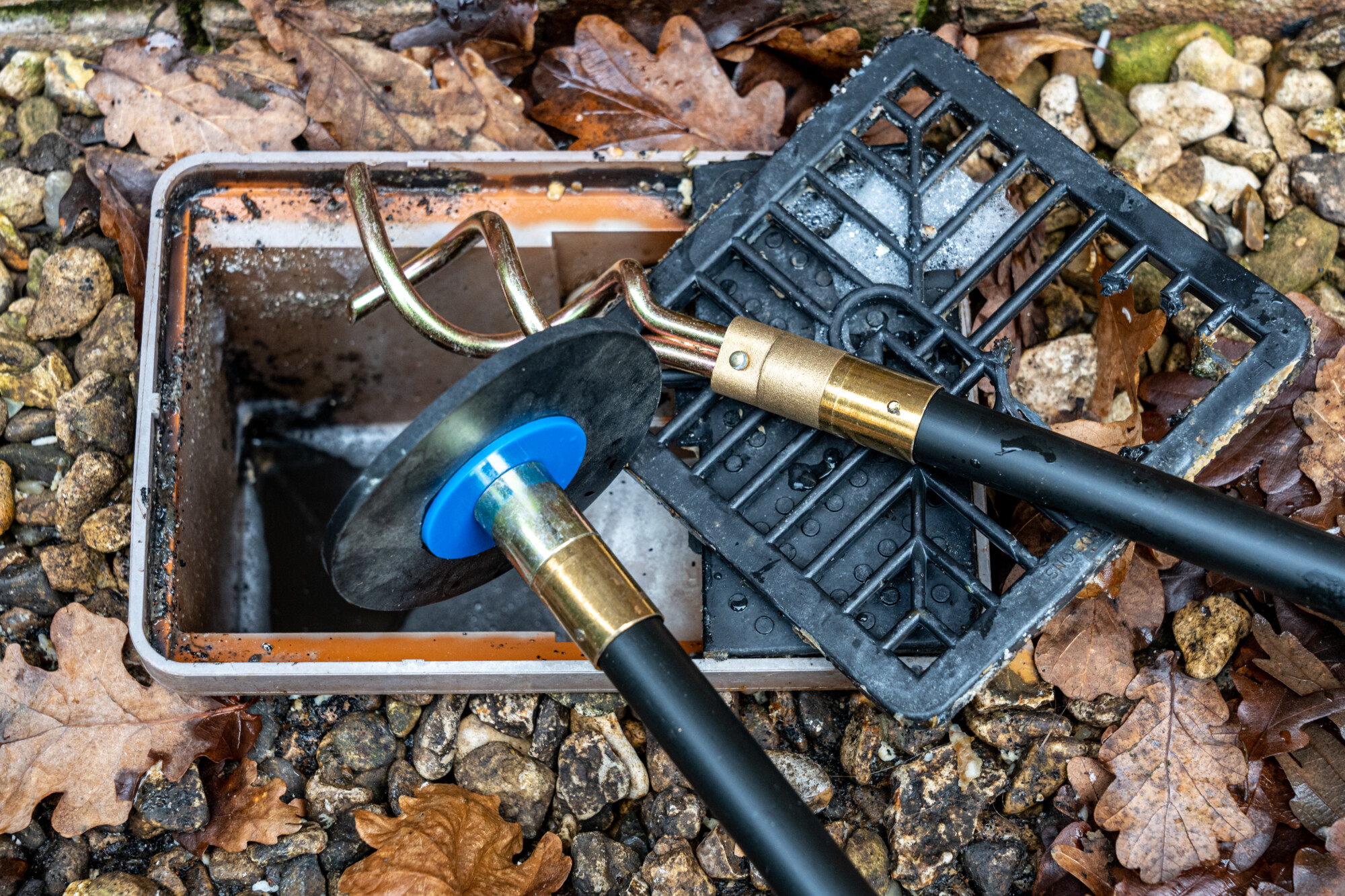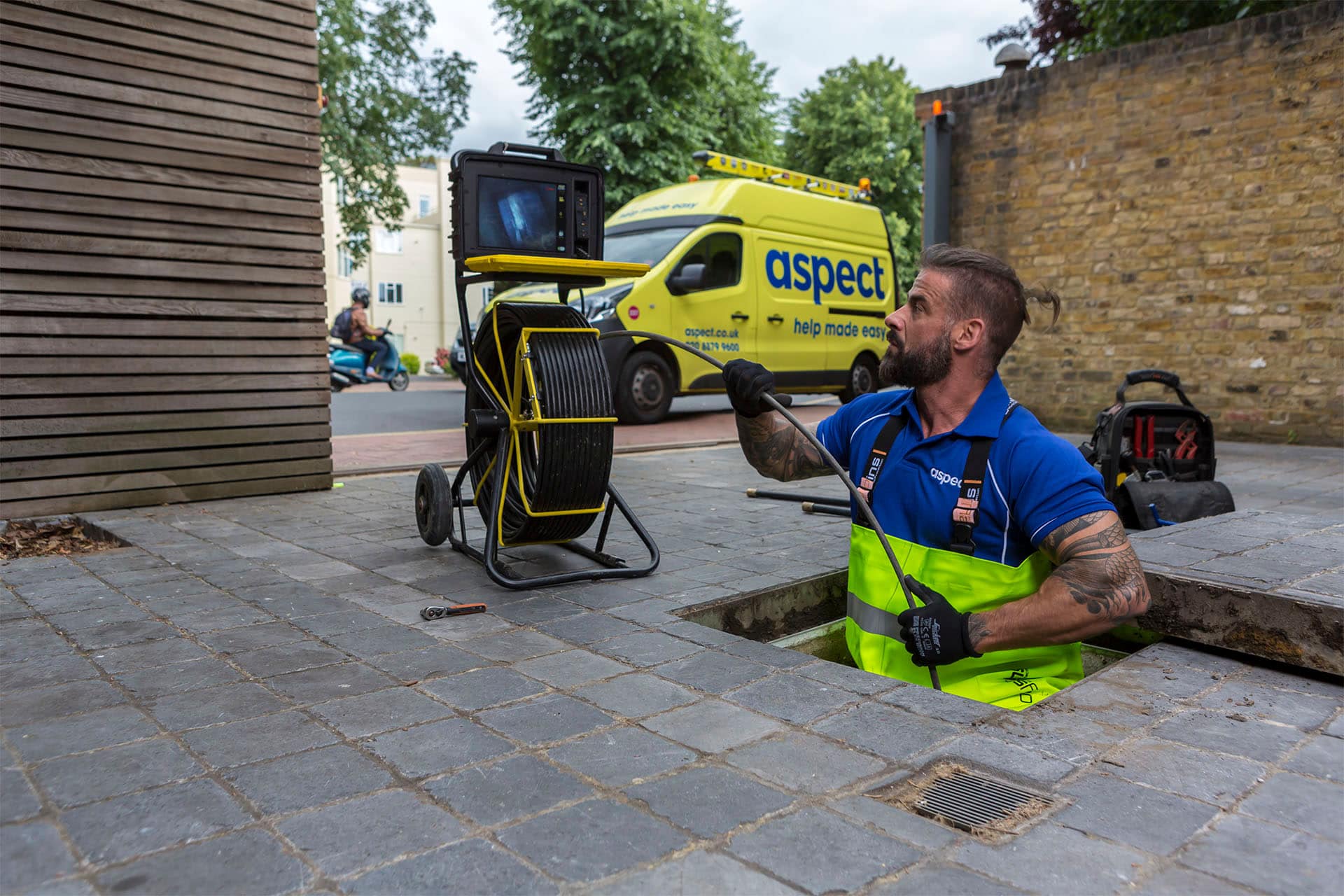What're your thoughts and feelings about What I learned from trying to deal with a clogged drain?

Introduction
Handling an obstructed drainpipe can be an irritating experience, interfering with day-to-day activities and possibly causing damages to your home. However, before connecting to pipes professionals, there are steps you can require to address the problem on your own. In this overview, we'll check out do it yourself solutions and preventive measures to deal with a blocked drainpipe successfully.
Recognizing the Problem
The first step in dealing with a blocked drain is recognizing the signs. Slow-moving water drainage, gurgling sounds, foul odors originating from drains pipes, or water backing up prevail signs of a blocked drainpipe. Recognizing these indications early can help prevent additionally problems.
Common Reasons For Obstructed Drainpipes
Comprehending the factors that contribute to drain blockages is essential for efficient resolution. Common offenders consist of hair, soap residue, grease, food debris, and international objects like hygienic products or paper towels. Tree roots attacking underground pipes can likewise trigger substantial blockages.
Do it yourself Solutions
For small blockages, several DIY solutions can be effective. Pouring boiling thin down the drain can help liquify grease and debris. Baking soda and vinegar or a combination of salt and cooking soda can serve as natural cleaners. Using a bettor or pipes snake to displace obstructions is another alternative.
Tools and Tools
Having the right tools available can make do it yourself drainpipe cleaning extra efficient. A plunger is a functional tool for clearing blockages in sinks, commodes, and showers. A pipes snake or auger can reach deeper clogs, while drainpipe cleaning chemicals can be made use of carefully for persistent obstructions.
Safety nets
To prevent future obstructions, embracing preventive measures is important. Mount drain guards or filters to catch hair and debris prior to they enter the pipes. Regularly flush drains with warm water to dissolve oil accumulation, and prevent taking care of grease or solid waste down the drain.
When to Call a Professional
While do it yourself solutions can solve minor obstructions, particular indicators suggest the demand for specialist support. Consistent blockages, foul odors despite cleaning efforts, or numerous drains backing up at the same time are red flags that call for experienced treatment.
Choosing the Right Pipes Service
When picking a pipes service, consider variables such as experience, licensing, and client testimonials. Choose a credible plumbing professional with a record of high quality handiwork and transparent rates techniques.
Expense Factors to consider
The expense of professional drain cleaning services can vary depending on the extent of the obstruction and the plumbing professional's rates. Request quotes from multiple providers and ask about any type of surcharges to ensure transparency and stay clear of shocks.
Safety and security Measures
When attempting do it yourself drain cleansing, prioritize safety and security. Wear protective gloves and glasses to stay clear of contact with unsafe chemicals or bacteria. Never mix different drainpipe cleaning products, as this can produce hazardous fumes.
Instance Researches
Real-life instances illustrate the efficiency of DIY solutions and the value of prompt expert intervention in solving drainpipe blockages.
Conclusion
By following the pointers detailed in this overview, you can effectively tackle blocked drains pipes and protect against future plumbing problems. Whether going with DIY remedies or looking for specialist assistance, punctual action is essential to maintaining a healthy and balanced pipes system and maintaining the stability of your home.
How to Clear a Clogged Drain Yourself (And When to Call In the Professionals)
What Can Clog a Drain
Dirt Skin flakes Hair Grease Soap scum Food Offset pipes Tree roots Small objects Mineral buildup DIY Tricks to Unclog a Drain
You can fix this! Once you have identified the source of the clog (or have a vague idea), you can try one or a combination of these fixes in order to clear your plumbing.
Wire Hanger or Snake
Untangle and clear out hair from a drainpipe with a homemade snake. Use a straightened-out wire hanger with a 90-degree angle hook to locate the clog and drag out any unwanted material.
Remember not to push the clog further down to where the wire hanger cannot reach! If you need to follow up with a plunger, give it a try. Your efforts might be more successful after it’s been wire-snaked.
If you want to get fancy and don’t have a wire hanger to spare, head to the store and pick up a hand-operated drain snake. You can get one for $10-$30. It may save you the hassle, and provide additional length to reach deep into the clogged pipe.
Plunger
A cup plunger has a suction cup attached to a wooden handle. The rubber creates a seal around the drain, and increases the pressure force of the plunger.
Plunge for 30-second increments to loosen the clog. This may need to be repeated over the course of 15-20 minutes. Once plunged, run the water to flush the remaining material out of the drain.
Remember– never use a plunger if you have used a chemical drain cleaner. These chemicals can splash up from the force of the plunger and cause serious injury or burns.
Boiling Water
Hot water can sometimes break up materials into a flushable amount. Dirt, grease, and soap buildup requires heat in order to unstick from surfaces.
Take your kitchen kettle and heat your water to a boil. Once it reaches a rolling boil, pour it directly down the drain into the blockage. Carefully follow with plunging, if necessary.
Don’t worry if this takes more than one try! It can often take multiple kettles and repeated plunging in order to clear a particularly stubborn clog.
Chemical Drain Cleaner
As a last resort, pick up a bottle of chemical drain cleaner. Drain-cleaning chemicals are potent, and not very good for the environment.
You may need to wear protective eyewear in gloves before handling your bottle of chemical drain cleaner. Follow the instructions printed on the bottle, and flush with water as soon as the instructions allow. Do not follow with plunging.
Baking Soda and Vinegar
As a safer alternative to chemical drain cleaner, baking soda and vinegar can create a chemical reaction that clears tough clogs.
Combine one cup of cleaning vinegar with one cup of boiling water, and set aside. Once you have done this, pour half a cup of baking soda down the drain. Give the baking thirty seconds to settle and cover a large portion of the problem drain.
Following the baking soda, pour down your vinegar and hot water solution. Once the vinegar and baking soda combine, the mixture will bubble and fix. Let this reaction fizzle in the drain for about an hour.
After an hour, follow with a kettle’s worth of hot water. The heat and liquid should flush out any remaining material.
When to Call a Plumber
If your DIY attempts haven’t cleared your clog drain, it’s time to call in a professional. It’s not worth losing access to your kitchen sink or high-traffic bathroom. A clog in a vital area can keep you from the things you’d rather be doing, and derail your routine.
Anytime a clog is causing water to spread is a time to call in a plumbing service. What starts out as a little bit of water can quickly grow into serious, expensive water damage.
Additionally, a serious clog can result in burst pipes or serious leaks. Make sure you know when to take it seriously!
https://myguysnow.com/how-to-clear-a-clogged-drain-yourself-and-when-to-call-in-the-professionals/

Do you really like reading about 8 Tips For Clearing A Blocked Drain? Post a remark down the page. We'd be happy to see your thoughts about this write-up. In hopes that you visit us again in the near future. So long as you enjoyed reading our page plz don't forget to pass it around. Many thanks for going through it.
Schedule Services